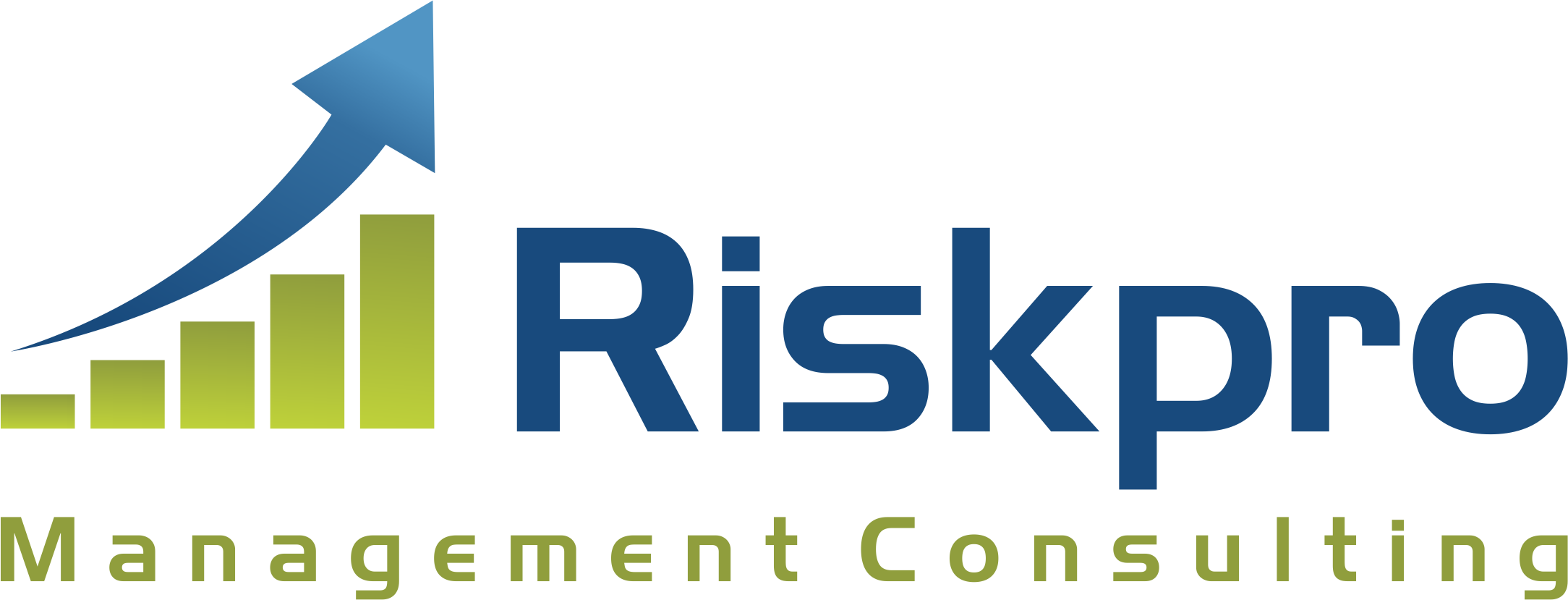High risk countries are those that are deemed to have a higher level of risk associated with travel, investment, or other activities. Globalisation is storming ahead and businesses are looking beyond their domestic surroundings. They have to expand beyond the domestic markets if they have to remain competitive in global marketplace. It is important to understand the country risk while transacting internationally. Customers from high risk countries pose reputation risk before financial institutions. Dealing with high risk customers may end up in inviting transactions that are either fraudulent or corrupt.
The Financial Action Task Force (FATF) is an inter-governmental body. Its purpose is to develop and promote policies, to combat money laundering and terrorist financing. FATF identifies jurisdictions having strategic deficiencies to combat money laundering and terrorist financing.
The global fight against money laundering has led many countries to develop strict AML CFT regimes. These regimes are designed to build programs that identify, trace, and prevent financial support to criminals, terrorists, or fraudulent merchants.
Countries that don’t have a fully developed regime are considered a high risk. These countries pose a threat to international efforts on AML/CTF. Foreign Corporations, Offshore financial centers, international business corporations located in the high risk countries pose greater challenge before the financial institutions.
Financial institutions are likely to screen transactions from FATF high-risk countries closely but besides Financial Action Task Force (FATF), high risk country information is also compiled by European Union Blacklist (EU), Office of Foreign Assets Control (OFAC) andTransparency international (TI).
OFAC country list is compiled on the basis of the national security goals of the United States, whereas TI publishes the Corruption Perception Index.
Due Diligence on customers from high risk countries
Financial Institutions are required to deal with the customers from high risk countries. Global AML CFT compliance regulations requires to conduct the enhanced due diligence on following client relationships where
- Domicile of the contracting party, controlling person or beneficial owner in a FATF risk country;
- Nationality of the contracting party or beneficial owner in a FATF risk country;
- Business activity of the contracting party/beneficial owner in FATF risk country;
- Recurring payments from and into a FATF risk country.
This will bring a substantial population of client relationships into the high-risk client bucket, subject to recurring reviews and senior management approvals.

